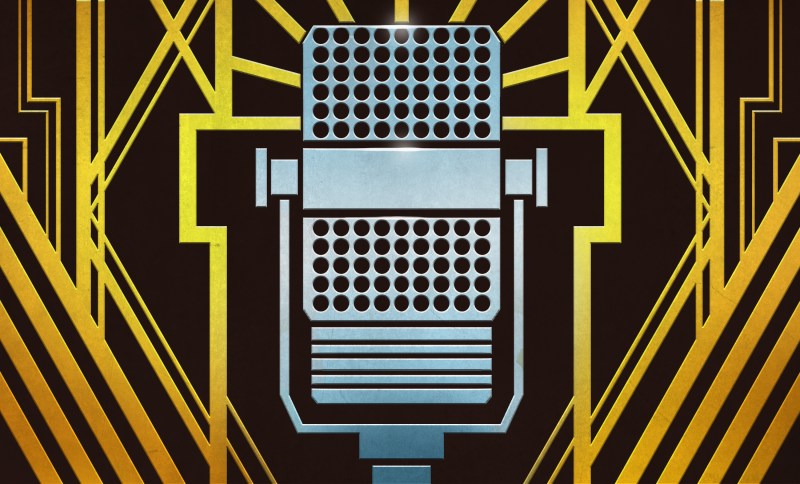It was Dan’s turn behind the mic with Elliot this time as we uncovered the latest from the world of hacking, and what an eclectic mix it was. It was slightly heavy on machining, with a look at mini-mills that are better than nothing, and a DIY DRO that’s A-OK. We also kicked the nostalgia bucket over — whatever that means — and got a new twist on the old “65-in-1” concept, found hidden code in 80s music, and looked at color TV in the US and how it got that way. We’ve got ample alliteration about grep, thoughts about telling time on the Moon, and what does Canada have against the poor Flipper Zero, anyway?
Grab a copy for yourself if you want to listen offline.
Episode 264 Show Notes:
News:
What’s that Sound?
- Random Number Generator, if you need one
- The sound was a fishing reel. 80 people guessed it correctly, but congrats to [Spike Snell] who gets the t-shirt!
Interesting Hacks of the Week:
- Clever E-Ink Driver Does 32 Levels Of Grey, Avoids Update Flicker, And More
- Are Minimills Worth It?
- Weird Things To Do With FPGAs
- A 65-in-1 The 2024 Way
- Documenting Real Hidden Messages In Music
- Magnetic Power Cable Makes Mobility Scooter Much Better
Quick Hacks:
- Elliot’s Picks
- Dan’s Picks:
Can’t-Miss Articles:

















One “un”-intended advantage of how color TV was engineered back in the day: when the reception goes down, you’ll still be able to make out the B&W signal even if the color carrier is messed up. The signal would degrade more gracefully. Instead of getting a whole bunch of colorful static, you had a little bit of static and the image would de-saturate. The effect on signal quality was far less noticeable.
Was it unintended?
Because, as you say, the split into brightness, hue, and saturation is very useful even today. YUV encoding with most of your bit depth in the Y channel is surprisingly effective.
Well, first and foremost, it was the system they had to build around. Brightness was first and it had to be there, and it got the most bandwidth because of how the old system worked.
So the fact that they had to make it backwards compatible also had the lucky coincidence that it became more fault tolerant. If they had designed it all over, they probably would have put equal emphasis on the color information to get better fidelity out of it, with the consequence that degrading signal quality would degrade the entire picture rather than just the color.
More to the point, the idea of splitting the information into YUV came from that experience. We now know that it’s a good idea, because of how well it turned out back then.
Listening now